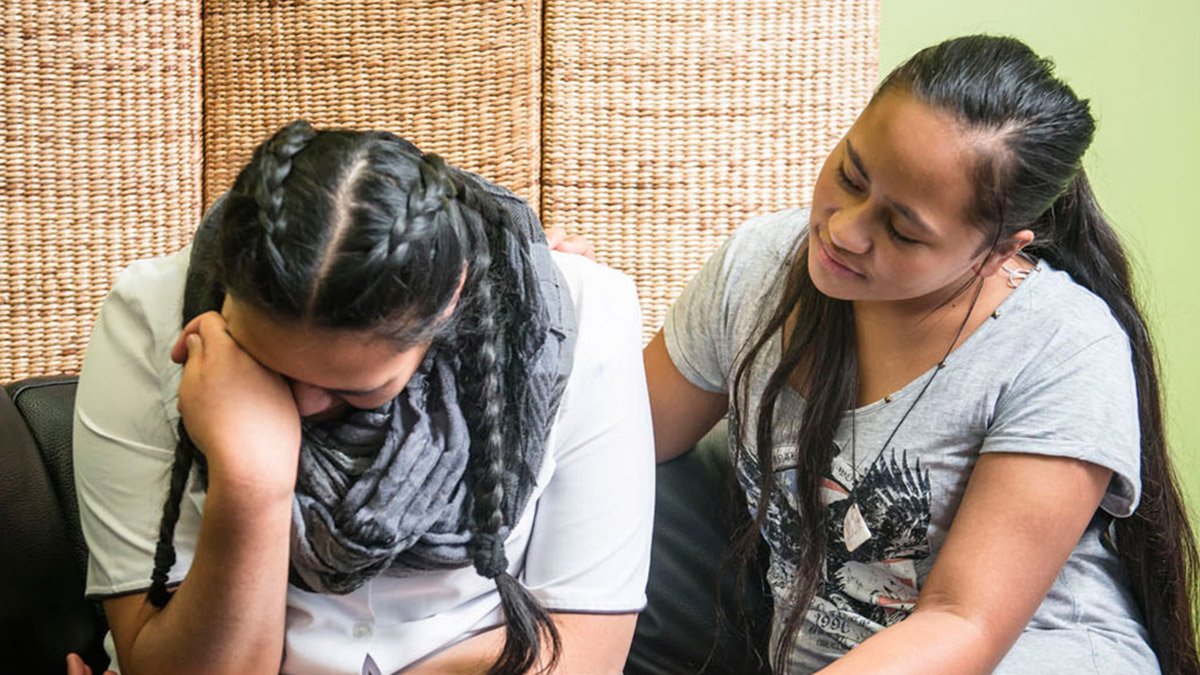Losing a loved one to suicide is incredibly hard. Because it’s so hard, people can feel unsure about what to say or do.
Vai kau’aki. Waters of consolation.
Losing a loved one to suicide is incredibly hard. Because it’s so hard, people can feel unsure about what to say or do.
Suicide can be very hard to talk about openly. People can feel scared or uncertain how to provide support. People may say things without thinking as they try to make sense of what has happened.
Shame or embarrassment might prevent people who have lost loved ones to suicide from reaching out for help. But they need to know that they don’t have to do it all alone. They need to know that the death was not their fault, that no one is to blame and that people care about them.
Here are some ways you can help.
Be available, visible and supportive. This support is particularly important from family, community and spiritual leaders.

